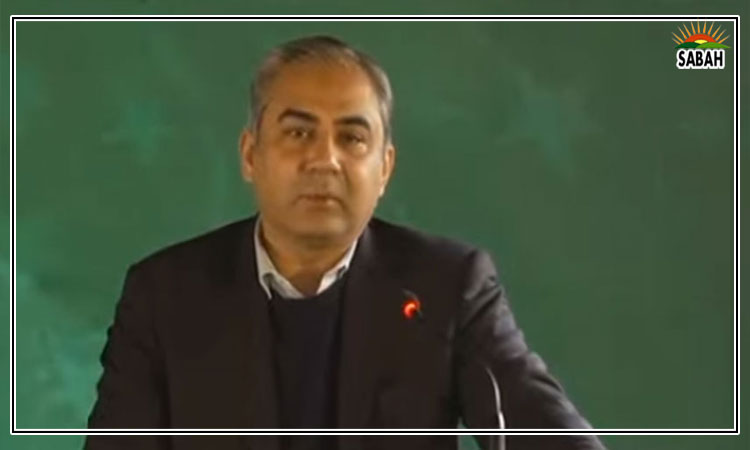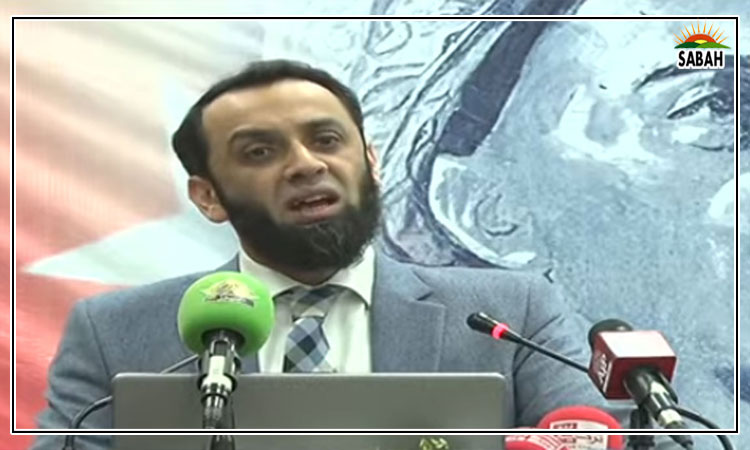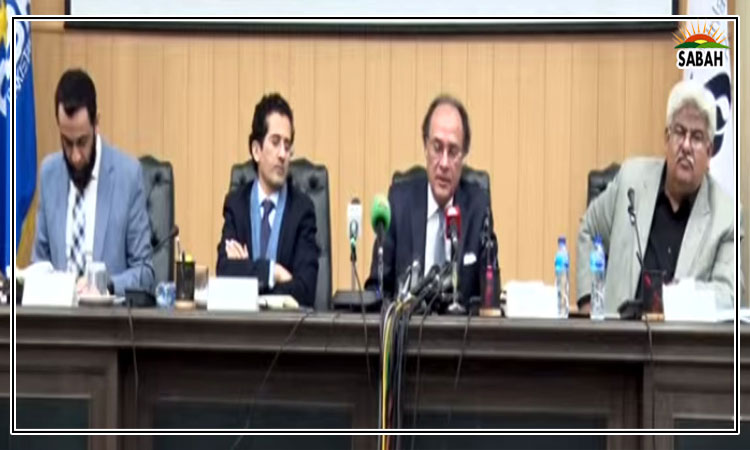Afghanistan’s counter-militancy edict… Faisal Ali Raja
Recently a fatwa has been issued by Haibatullah Akhunzada, the spiritual leader of Taliban, in which participation in jihad outside Afghanistan is vehemently denounced. The religious edict is one among a series of orders issued by the supreme Taliban leader for all Taliban factions within the country whether they are operating in Kandahar, Kabul or Jalalabad. The question, however, remains whether it can become an effective tool to reduce the incidence of terrorism across the border or not. There is a lot of speculation as to how this edict may reign in Tehrik-e-Taliban Pakistan (TTP) to shun its activities against law enforcement agencies (LEAs) and military forces in parts of the country.
The religious decree addresses three categories of audiences: Afghan citizens, government functionaries and those who have made a pledge of allegiance with the Taliban commander in the past. However, Afghan citizens are scattered all over the world starting from Iran, Pakistan, Central Asian Republics (CARs), Middle East and other countries. The command order does not make it clear whether it is directed towards those Afghans living inside the geographical boundaries of Afghanistan. If it is so, then an Afghan refugee living inside Pakistan or for that matter in any other neighbouring country can cross over and get himself or herself involved in an act terrorism and he or she may not be under obligation to follow these orders wholeheartedly. Similarly, there are wide sections of Afghans living inside and outside Afghanistan who are averse to Taliban mentality. They may not prescribe to such a commandment. Then there are a number of other extremist groups such as ISKP, which are at loggerheads with Taliban, and are involved in many attacks not only inside Afghanistan but also outside its borders. Such organisations or groups may brush this fatwa aside and continue with their operations across the border with impunity. For example, on 9 Aug, 2023, a suicide attack took place in Bajaur when an attacker tried to explode on a paramilitary convoy but failed to time his action properly. Similarly, a spate of attacks against police also took place after the edict in which local elements targeted the officials purposefully.
There are a number of criminal syndicates attached with TTP for various reasons. The primary factor of their affiliation is that they consider it as an opportunity to gain local prominence and a source of financial gains. These syndicates are involved in high profile killings, incidents of kidnapping for ransom and extortions. The local rivalries, revenge and animosity also play its role in the background whereas in the forefront terrorism is being exhibited as the main occurrence. These criminal syndicates exist in various regions and are operating almost independently without having any proper or closely knit organisational structures with the main TTP.
There is a remote possibility of an internal split in TTP and many affiliates may disassociate themselves from the main group and carry out independent attacks against the LEAs in Pakistan. The TTP and its various factions can also keep on assisting the local sub-nationalists without practically participating in any activity. In this way, they, while obeying the edict of the spiritual leader of Taliban, can still cause considerable damage to the military and police establishments. The TTP may start operating under another name just like Tehrik-e-Jihad Pakistan (TJP) which is considered an offshoot of TTP and has structural linkages with the main organisation. Moreover, Baloch sub-nationalists having nexus with TTP may not accept any effect of the commandment at all.
The administrative leadership of Taliban has also taken the religious edict in different vein. The Kandhari group is more fervent in its obedience than that of the group that is at the helm of affairs in Kabul. This apparent friction may also have a dampening effect on the implementation of religious order.
In all probability, the attacks may continue across the border without any significant change in their patterns, methods and intensity.
Courtesy The Express Tribune












